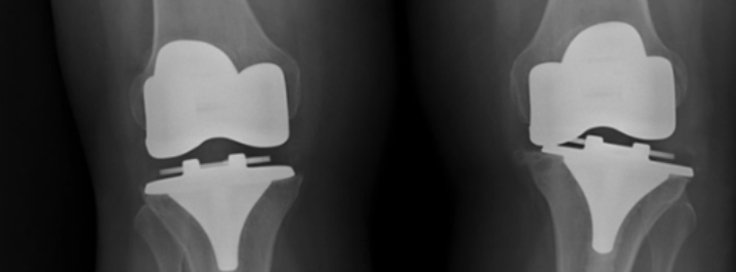Re-Doing Failed Knee Surgery
Understanding Failed Knee Surgery
When a knee surgery fails, it can cause persistent pain, stiffness, and limited mobility. Revision surgery, also known as re-doing knee surgery, is necessary to correct complications and restore function. Advanced techniques now offer better outcomes for patients dealing with failed procedures.

Common Causes of Failed Knee Surgery
Several factors can contribute to the failure of a previous knee surgery, including:
Implant loosening, leading to instability and pain.
Infection, which may require immediate medical intervention.
Scar tissue formation, restricting movement.
Ligament or tendon damage, affecting joint function.
Improper alignment, causing discomfort and walking difficulties.
Symptoms Indicating a Failed Knee Surgery
Signs that a knee replacement revision or corrective procedure is needed include:
Persistent pain despite previous treatment.
Swelling and inflammation around the knee joint.
Limited range of motion and stiffness.
Difficulty bearing weight or walking.
Unstable knee joint or clicking sounds.
Diagnosis and Evaluation
A knee revision specialist will conduct a thorough assessment, including:
X-rays, to check implant positioning and bone health.
MRI scans, to examine soft tissue and ligament condition.
Blood tests, to detect infections or inflammatory markers.
Advanced Treatment Options for Failed Knee Surgery
Depending on the underlying issue, the following treatments may be recommended:
Non-Surgical Solutions
Physical therapy, to strengthen muscles and improve flexibility.
Pain management, using medications or injections.
Bracing, to stabilize the knee and prevent further damage.
Surgical Options
Knee revision surgery, replacing or correcting a faulty implant
Minimally invasive knee surgery, reducing tissue damage and recovery time.
Cartilage restoration, for cases involving joint wear and tear.
Bone grafting, if structural support is needed.
Surgical Options
Knee revision surgery, replacing or correcting a faulty implant.
Minimally invasive knee surgery, reducing tissue damage and recovery time.
Cartilage restoration, for cases involving joint wear and tear.
Bone grafting, if structural support is needed.
Recovery and Rehabilitation
A well-structured knee revision recovery plan is essential for long-term success. This includes:
Rehabilitation exercises, to restore strength and mobility.
Gradual weight-bearing, as recommended by the surgeon.
Lifestyle modifications, such as using supportive footwear and avoiding high-impact activities.
When to Consult a Knee Revision Specialist
Seek medical advice if you experience:
Continuous pain or swelling after knee surgery.
Difficulty moving or standing for prolonged periods.
Signs of infection, such as redness and fever.
